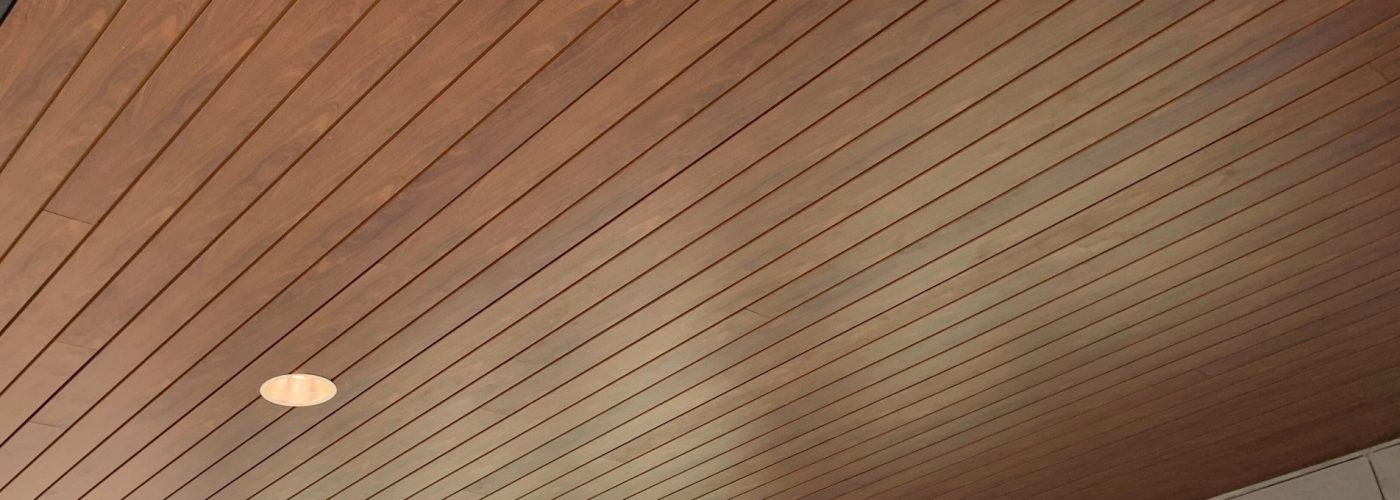~ Endurawood releases infographic on how aluminium supports the construction industry’s environmental footprint ~
UK building and outdoor living product supplier Endurawood has released an infographic outlining the benefits of aluminium as a construction material. The supplier, which specialises in wood-effect aluminium products for applications including cladding, decking and architectural facades, understands the multiple advantages of using aluminium over traditional building materials.
Currently, the construction, operation and maintenance of the built environment accounts for 45 per cent of the UK’s carbon dioxide (CO2) emissions — a figure that demonstrates the industry’s impact on the environment.
Concrete, steel and timber are globally used building materials that have been trusted in the construction of buildings for years. These materials, however, can prove harmful to the environment — with concrete responsible for eight per cent of the world’s CO2 emissions, steel production claimed to be one of the most carbon emitting industrial processes in the world and the use of timber, which encourages deforestation.
Aluminium is formed through chemical extraction of bauxite, an ore that is mined to create alumina, which is smelted to form pure aluminium. Although this process emits CO2 emissions,aluminium is highly recyclable. Apart from its environmental benefits, aluminium is also lightweight and naturally corrosion resistant.
“The potential that aluminium has to improve the quality of a build, plus reduce overall emissions, is greatly underestimated,” said Endurawood’s managing director, Nick Cowley. “Aluminium’s inherent corrosion resistance can improve the durability and quality of a build and its lightweight means that it’s more manageable onsite. This requires less energy and transport to handle the material to and from site, helping to further reduce fuel consumption in the industry.
“Its lightweight property also makes aluminium a suitable candidate in modular and offsite construction, as the easy installation and handling of aluminium supports quicker completion times that modular construction is renowned for.
“While the production of any metal is not hazard free, the effects of aluminium production can be counteracted by its circularity potential — a quality that is not applicable to building materials such as concrete. Endurawood uses volatile organic compound (VOC) free coatings and lead-free finishes, making it more environmentally friendly to use,” added Cowley.
“The UK’s population is expected to reach 70 million by 2031, increasing the demand for more buildings and homes. With almost half of emissions produced attributed to the built environment, it’s vital the industry makes changes to reduce this figure. Relying on a lightweight, eco-friendly building material such as aluminium, could certainly help to support this.”

For more information about Endurawood’s products, applications and the advantages of aluminium, visit www.endurawood.co.uk and download the infographic.





